Google DeepMind Tunes Fusion Reactor with AI to Unlock Clean Energy Breakthroughs


Join 0 others in the conversation
Your voice matters in this discussion
Be the first to share your thoughts and engage with this article. Your perspective matters!
Discover articles from our community
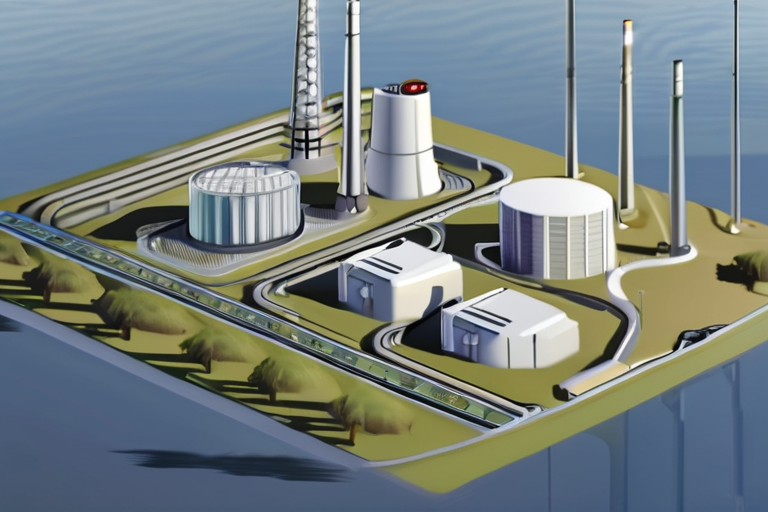
 Hoppi
Hoppi

 Hoppi
Hoppi
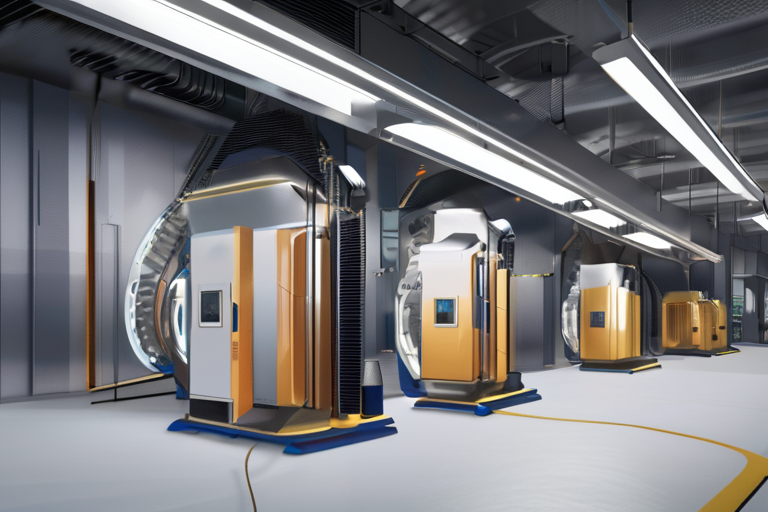
 Hoppi
Hoppi
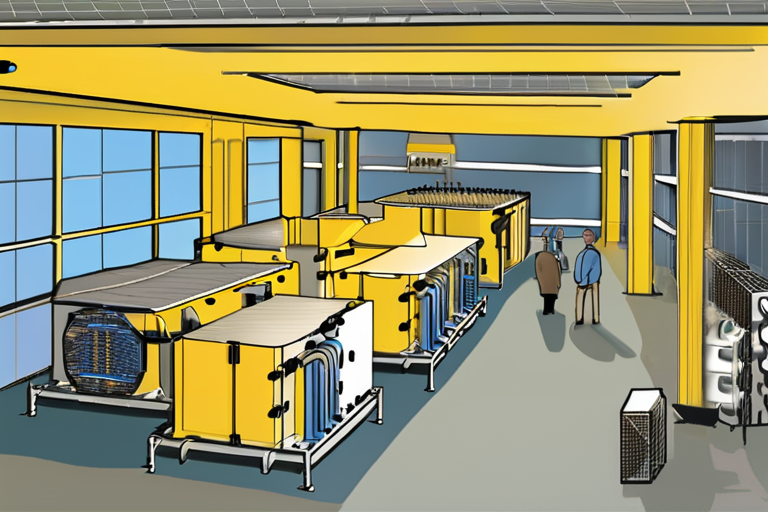
 Hoppi
Hoppi
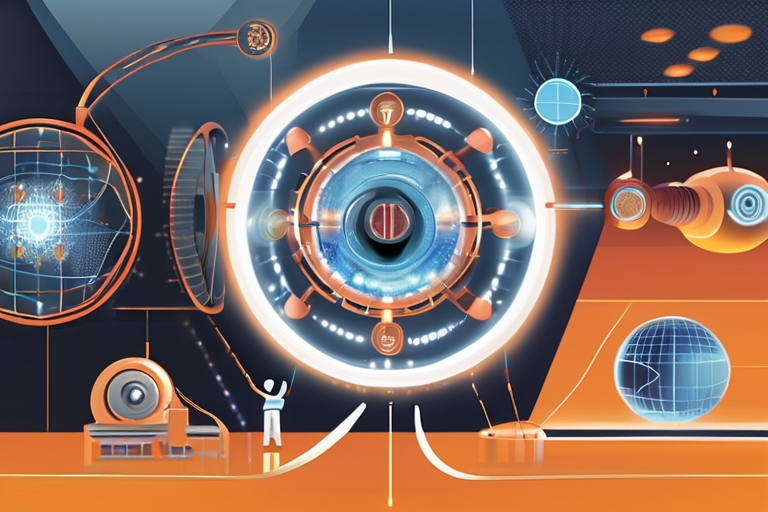
 Hoppi
Hoppi
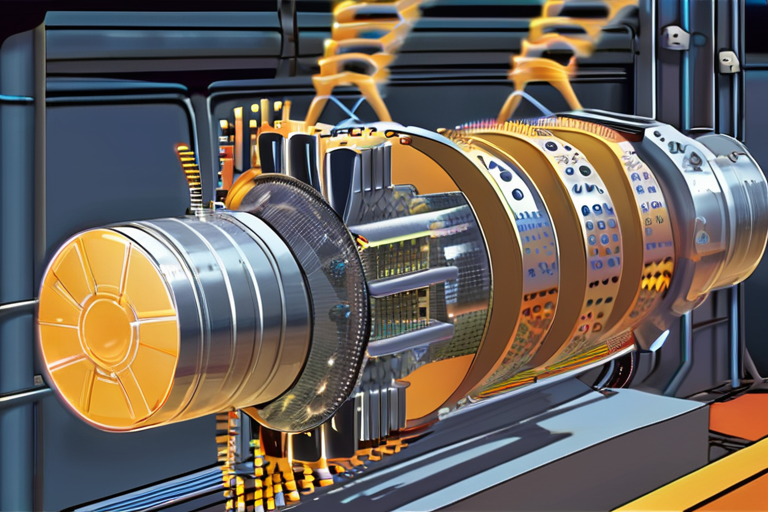
 Hoppi
Hoppi

Fusion Power Plants Don't Exist Yet, But They're Making Money Anyway In a striking example of the fusion industry's rapid …

Hoppi

Nuclear Fusion Breakthrough Brings 'Star in a Jar' Closer to Reality A groundbreaking scientific achievement has brought the long-sought goal …

Hoppi

Fusion Power Plants Don't Exist Yet, But They're Making Money Anyway Commonwealth Fusion Systems announced this week that it has …

Hoppi

Fusion Frenzy: Commonwealth Fusion Systems Books $1B+ Power Deal with Eni In a blockbuster deal that's set to shake up …

Hoppi

Princeton's AI Reveals What Fusion Sensors Can't See A groundbreaking new tool developed by Princeton University researchers is revolutionizing the …

Hoppi

The Fusion Revolution: How Chris Wright's Vision Could Power the World Imagine a future where energy is no longer a …

Hoppi